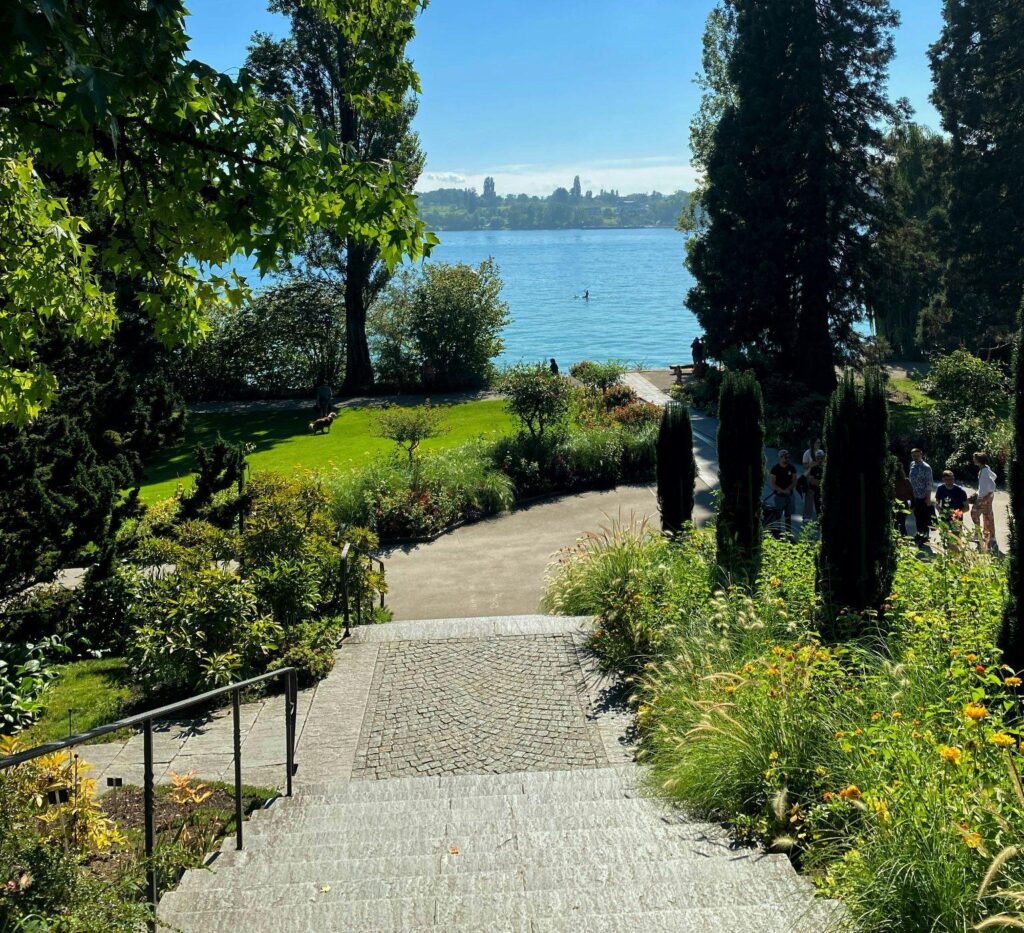Seattle homeowners are reimagining their backyards as extensions of their living spaces. Between rising demand for outdoor functionality and the city’s surge in ADU (Accessory Dwelling Unit) development, choosing the right fencing has never been more important.
Among the available options, vinyl fencing has become a top choice across the Seattle area. It offers long-term durability, clean design, and low maintenance—qualities that align perfectly with modern urban living. Whether you’re improving curb appeal or adding privacy for a backyard ADU, vinyl fencing can transform the look and function of your property.
Why Vinyl Fencing Is Gaining Popularity in Seattle
Built for Seattle’s Climate
Seattle’s wet, variable weather can quickly wear down wood fences, leading to mold, rot, and warping. Vinyl fencing, on the other hand, resists moisture and fading, requiring only an occasional rinse to maintain its appearance. Its ability to endure rain, humidity, and mild coastal winds makes it a smart investment for homeowners seeking both beauty and resilience.
Clean, Modern Aesthetics
The city’s architecture trends lean modern and minimalist—and vinyl fits right in. Available in neutral tones like white, beige, and gray, or even wood-grain textures, it complements everything from mid-century homes to sleek, contemporary ADUs. The uniform finish and crisp lines provide a cohesive, polished look for residential neighborhoods.
Eco-Friendly Considerations
For eco-conscious Seattle residents, vinyl’s long lifespan and recyclability make it an environmentally responsible choice. It also eliminates the need for chemical stains, paints, and sealants commonly used to maintain traditional wood fencing.
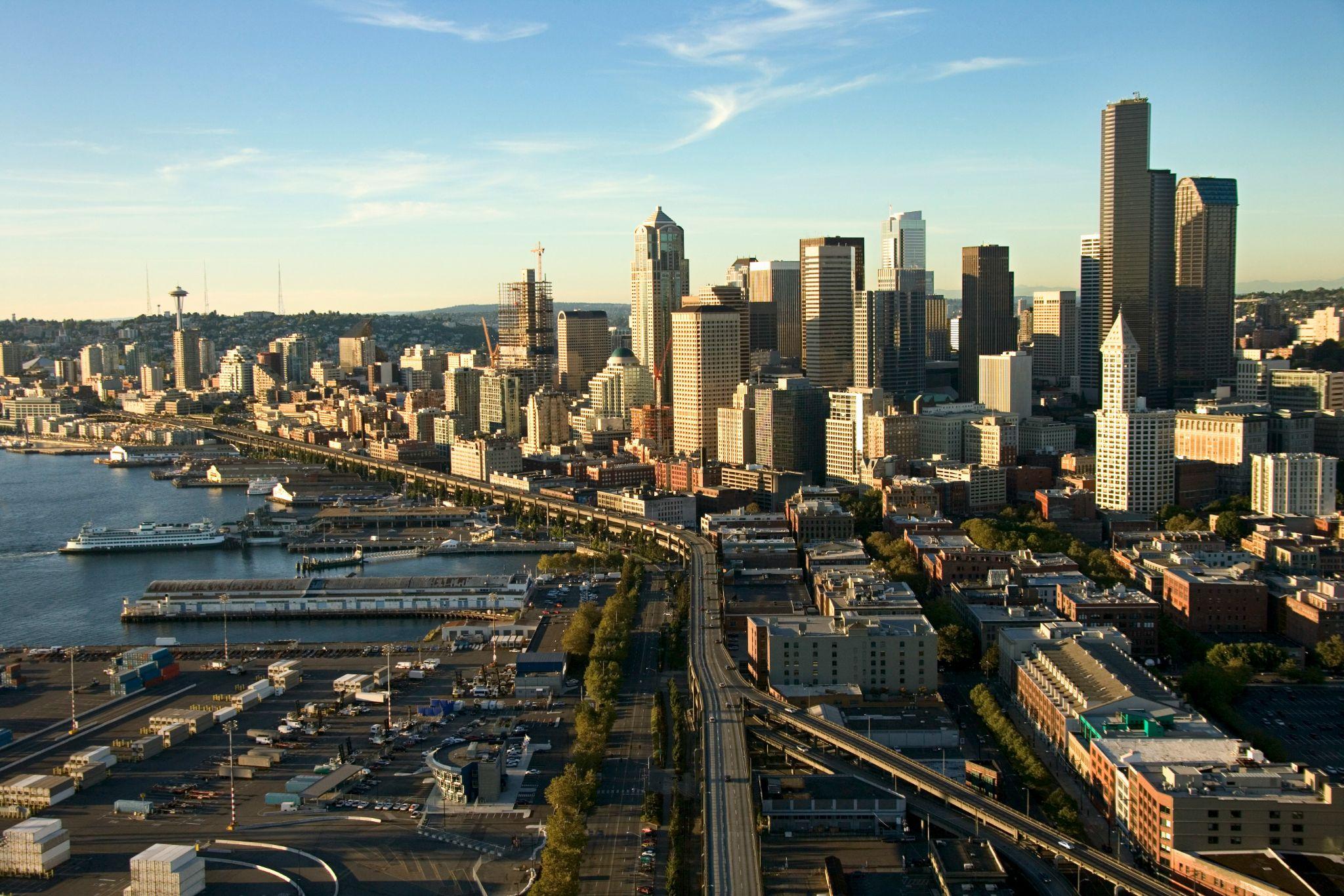
Vinyl Fencing Costs in 2025 – What Seattle Homeowners Should Expect
Average Price Ranges
The cost of installing vinyl fencing varies by height, style, and local labor rates. Nationwide, pricing ranges between $15 and $40 per linear foot, including installation. In Seattle, costs trend higher—typically $33 to $58 per linear foot—due to regional labor rates and sloped terrain.
A standard 150-foot privacy fence, for instance, can run between $5,000 and $8,000 depending on design and site conditions.
Key Cost Factors
- Material quality: Premium vinyl with UV protection lasts longer and resists fading.
- Design complexity: Decorative tops, lattice patterns, and gates increase labor time and materials.
- Site conditions: Slopes, rocky soil, or tight access points can raise installation costs.
- Permitting: In Seattle, fences up to six feet generally don’t require a permit, but height, property lines, or retaining walls can change that.
Long-Term ROI
Though more expensive than wood upfront, vinyl’s low maintenance and long life—often 20 to 30 years—make it a cost-effective option. For homeowners building ADUs or rental units, this longevity adds lasting value and minimizes future upkeep costs.
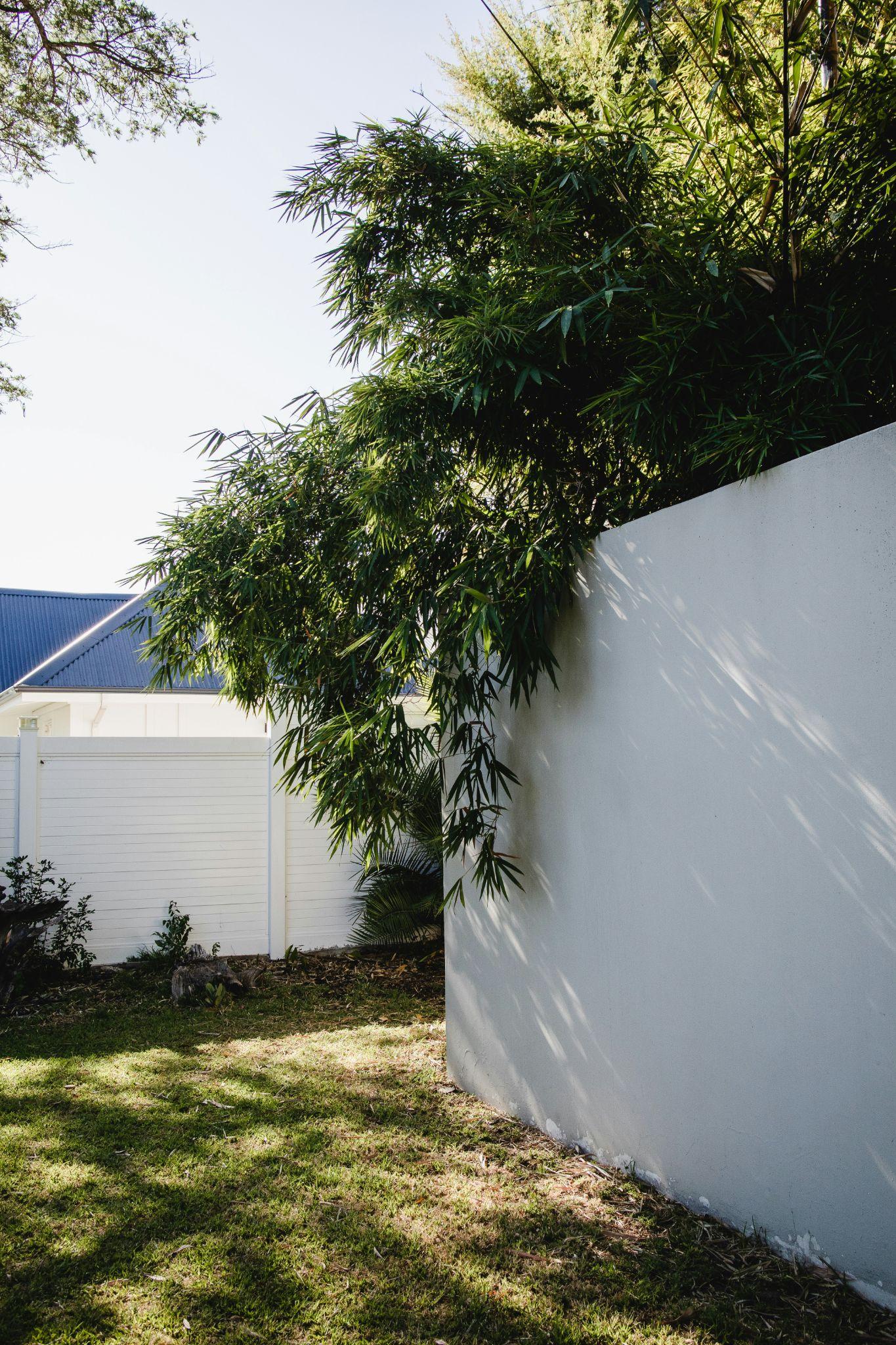
Seattle-Specific Installation Insights & Best Practices
Understanding Local Regulations
Seattle city code allows fences up to six feet tall without a permit in most residential zones. However, fences near streets, alleys, or waterfronts may have additional restrictions. Homeowners should always verify property boundaries and check neighborhood association guidelines before installation.
Choosing the Right Installer
Proper installation is key to durability. Professional installers understand soil conditions, drainage, and the impact of Seattle’s rainy climate on long-term performance. Working with a trusted Seattle fence company ensures your vinyl fence meets all code requirements while maintaining strength, alignment, and visual appeal for decades.
Maintenance Tips for Seattle Homeowners
Maintaining a vinyl fence is simple. A quick hose rinse or mild soap wash once or twice a year keeps it looking new. After heavy rainfall or storms, inspect gates and posts for debris buildup to maintain stability and prevent staining.
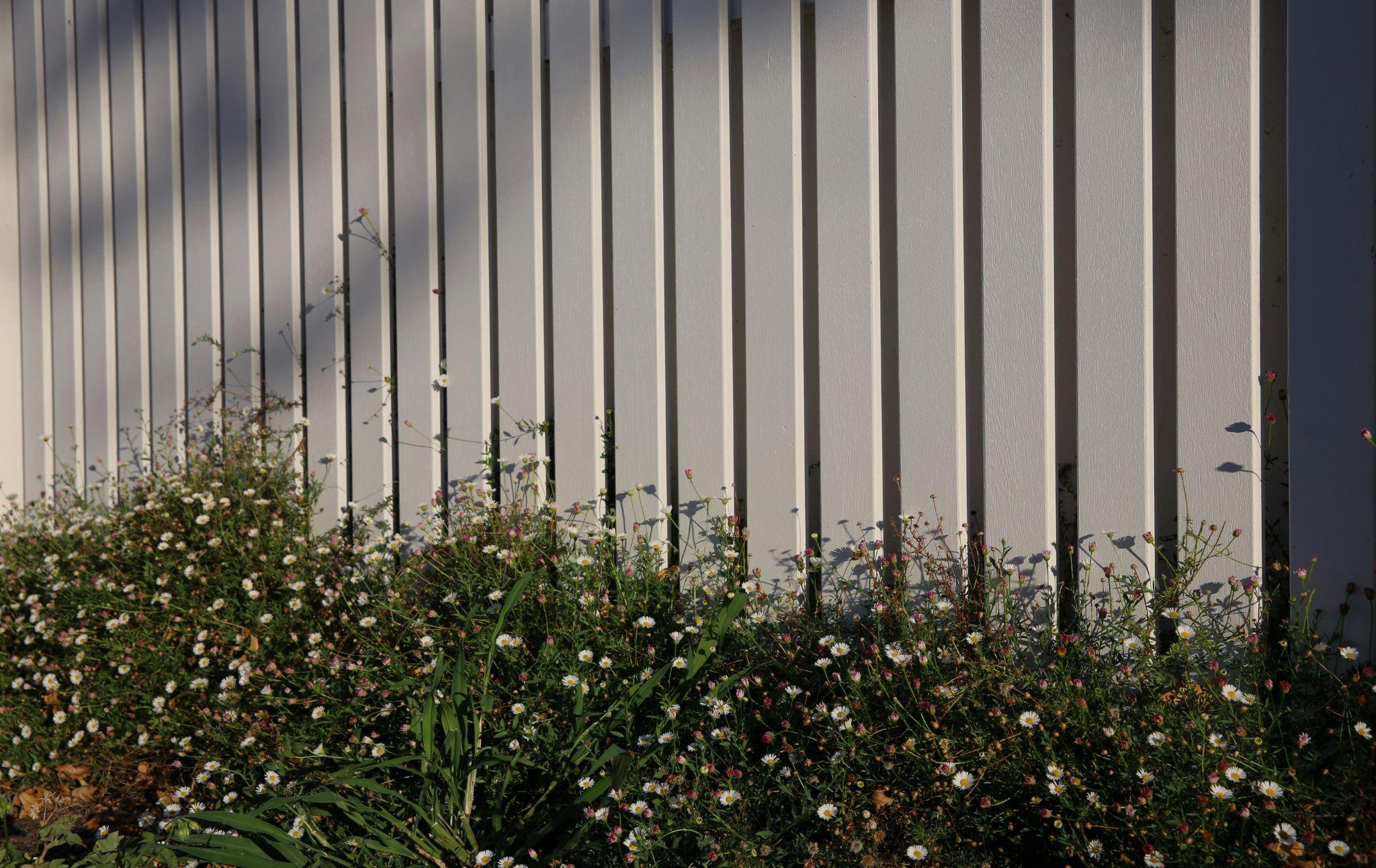
How Vinyl Fencing Enhances ADU Design & Functionality
Defining Privacy and Boundaries
With Seattle’s growing ADU market, homeowners are using vinyl fencing to define separate zones between the main home and the secondary unit. Whether your ADU is a rental, guest space, or home office, a well-placed fence ensures privacy without making the property feel closed off.
Creating Outdoor Zones Around ADUs
A fence can do more than mark property lines—it can shape outdoor living areas. For example, fencing can frame a small ADU patio, create a private courtyard, or guide pathways through shared backyard spaces. The result: distinct yet cohesive environments that improve both functionality and aesthetics.
Matching ADU Architecture
Many ADUs and new homes in Seattle showcase modern, modular architecture defined by clean lines and functional design. Horizontal vinyl fencing and matte finishes complement these contemporary structures, adding privacy while maintaining a streamlined look. For homeowners planning a detached ADU or a new custom home, design-build firms like Modern Buildings specialize in bringing every element together—from the structure itself to cohesive fencing and landscaping—for a polished, high-end result that enhances curb appeal and livability.
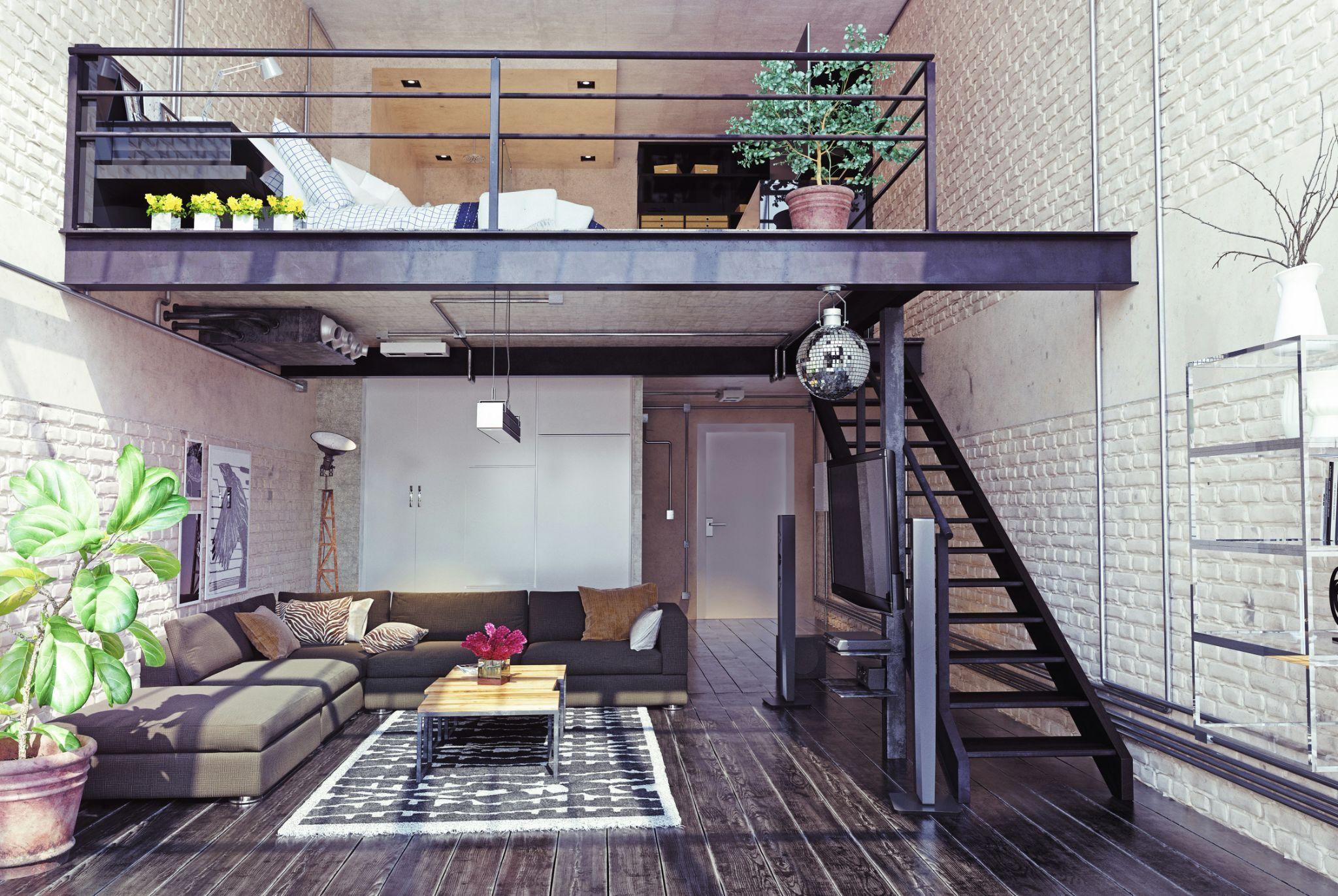
Design Inspiration – Vinyl Fence Styles That Work in Seattle Backyards
Full Privacy Panels
These solid fences are ideal for ADUs or narrow lots, where noise reduction and visual privacy matter most.
Picket and Semi-Private Styles
Perfect for front yards or garden borders, these allow airflow and visibility while maintaining a tidy, traditional aesthetic.
Horizontal Slat Fencing
A favorite among modern homeowners, horizontal vinyl panels pair beautifully with flat-roofed homes and contemporary ADUs.
Two-Tone or Textured Vinyl
Vinyl fencing with wood-grain patterns offers the warmth of cedar with none of the maintenance—a smart nod to Seattle’s Pacific Northwest aesthetic.
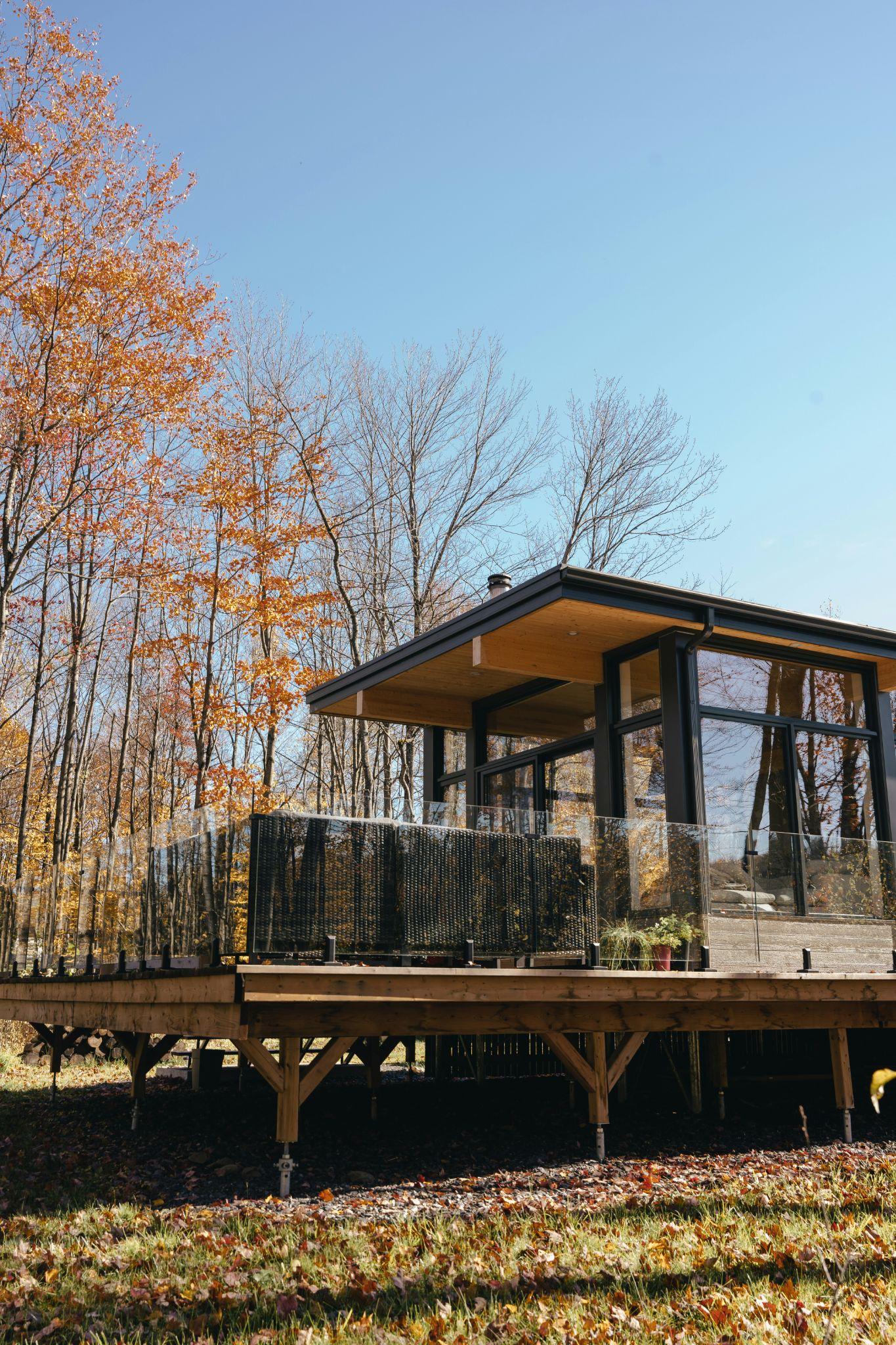
Comparing Vinyl with Other Fencing Options
Wood vs. Vinyl
Wood fencing offers natural charm but requires frequent staining and can deteriorate in moisture-heavy climates. Vinyl maintains its appearance year-round with virtually no maintenance.
Composite vs. Vinyl
Composite fences blend recycled wood fibers and plastics, offering an eco-friendly appeal but often at a higher price point. Vinyl provides a similar modern look at a lower cost.
Metal vs. Vinyl
Metal fences like aluminum or steel provide security and transparency but lack the privacy of vinyl. Combining both—metal framing with vinyl inserts—is an emerging design trend in Seattle.
Planning Tips for Your Seattle Backyard Project
Combine Projects for Efficiency
If you’re adding an ADU, coordinate fencing installation during construction. This saves time, labor, and permits while ensuring visual consistency between the structures.
Budget Wisely
Plan for function and style. Invest in quality fencing materials and cohesive landscape design that complement your ADU or main home architecture.
Collaborate Early with Your Builder or Designer
Bringing in your ADU builder or landscape designer early helps align layouts, sightlines, and material choices for a polished final product.
Conclusion
Vinyl fencing offers Seattle homeowners the perfect blend of durability, style, and privacy—qualities that complement the city’s booming ADU and outdoor living trends. Its weather resistance, low maintenance, and design versatility make it an investment that enhances both property value and livability.
Whether you’re upgrading your existing yard or planning an ADU addition, partnering with a reputable Seattle fence company like Cool Cat Fence, ensures your fence is built to last, while ADU specialists like Modern Buildings can help integrate modern design and functionality into your backyard space. Together, they create cohesive, beautiful outdoor environments that reflect the best of Seattle living.

